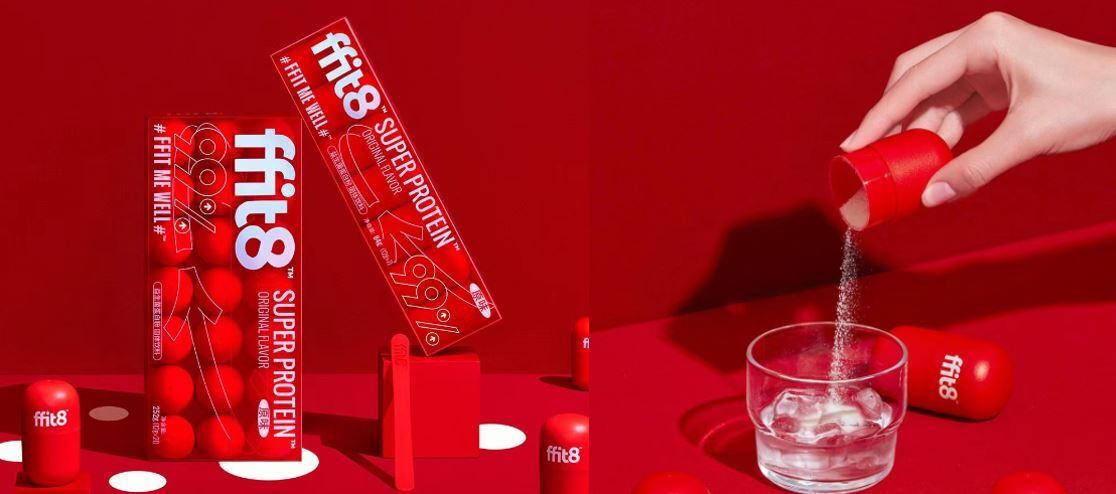The importers will need to have their products tested at a facility designated by the Ministry of Food and Drug Safety (MFDS) within 20 days of receiving the Inspection Order, and then submit the test results to the local FDA.
At present, importers have to self-declare if products conform to the standards and specification listed on health functional foods when undergoing custom clearance.
Based on the declaration, the MFDS then randomly selects the products for lab test to verify if they conform to the required standards.
In the past three years, a total of 65 cases have been recorded for failing the conformity test, the MFDS said.
The majority (55 cases) were associated with the probiotic strains used, others had to do with the presence of E.coli and water solubility issues.
“Due to the repetitive occurrence of non-conforming imported probiotic products, this inspection order is a measure that requires importers to be held responsible for safety management,” the MFDS said.
Probiotics supplementation were associated with a large number of side effects in South Korea last year
Common side effects related to probiotic use were constipation and abdominal pain, the MFDS revealed.
Omega-3 DHA/EPA and supplements containing garcinia cambogia extract were the other two categories causing the highest number of side effects.
Several imported and local probiotic brands were also found to have underreported the colony forming units (CFU) of live bacteria, the Korea Consumer Agency has found.
Pitfalls to avoid
Dr Frank Kim, founder of SEAH Bio – a South Korea-based regulatory consultancy said overseas probiotic manufacturers and the local South Korean importers should avoid pitfalls in three key areas.
He said they should ensure that 1) the strains used are correctly recorded 2) the health claims made are allowed in South Korea and that 3) the product is safe for consumption – which is assessed by measuring the amount of live microorganisms.
According to the MFDS, the approved probiotic species are Lactobacillus, Lactococcus, Enterococcus, Streptococcus, and Bifidobacterium.
The live bacteria count should also be no less than the labelled amount, with a permitted minimum daily intake of 100m CFU to a maximum of 10bn CFU.
Permitted health claims are “helps to maintain healthy gastrointestinal bacteria population” and “help to maintain healthy bowel function.”
“The MFDS has clear definition on the standard advertisement specification of each strains, as stated in the Health Functional Food (HFF) code.
“The overseas probiotic manufacturers need to have a close communication with the local importer in order to be prepared for random testing,” Dr Kim said.




